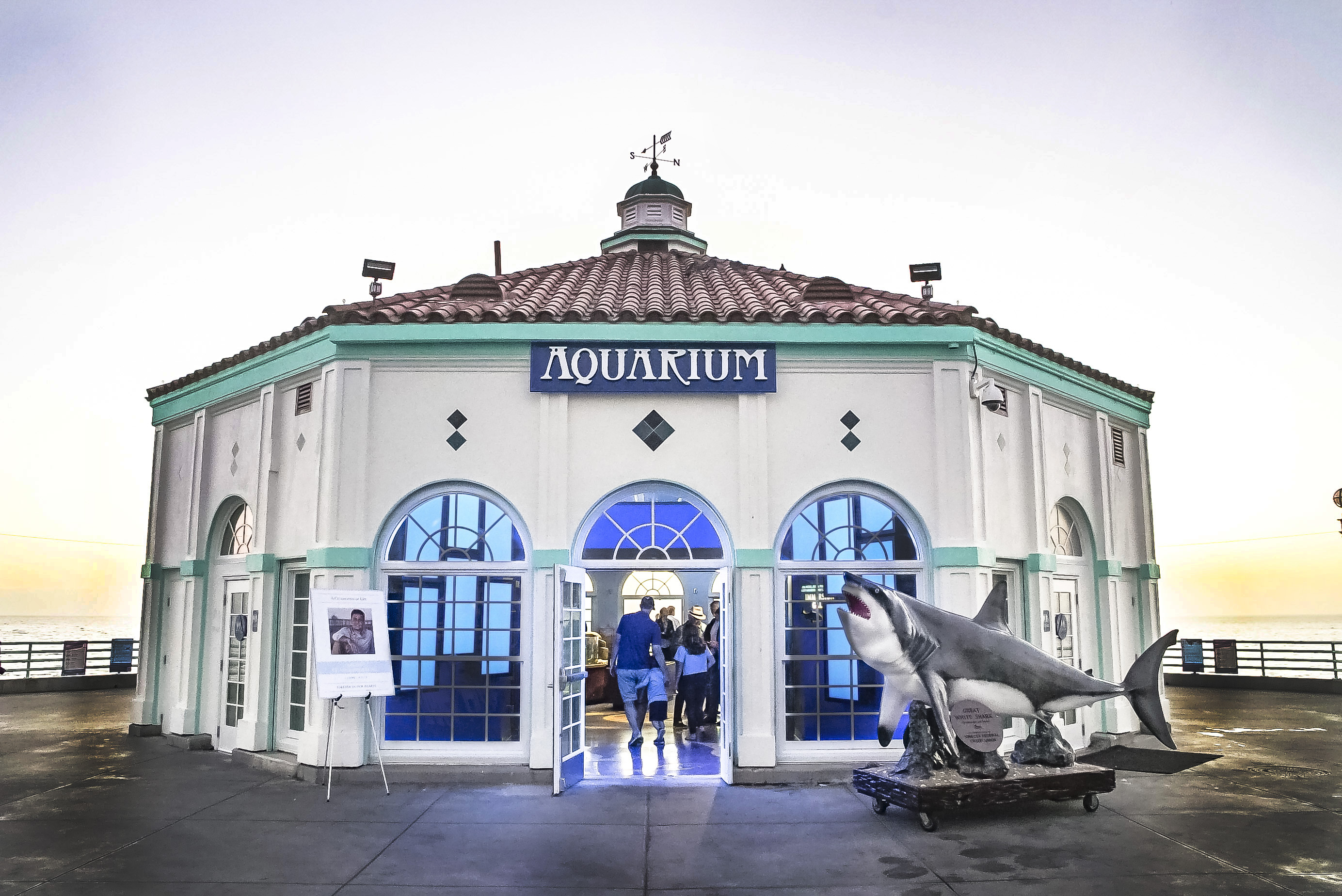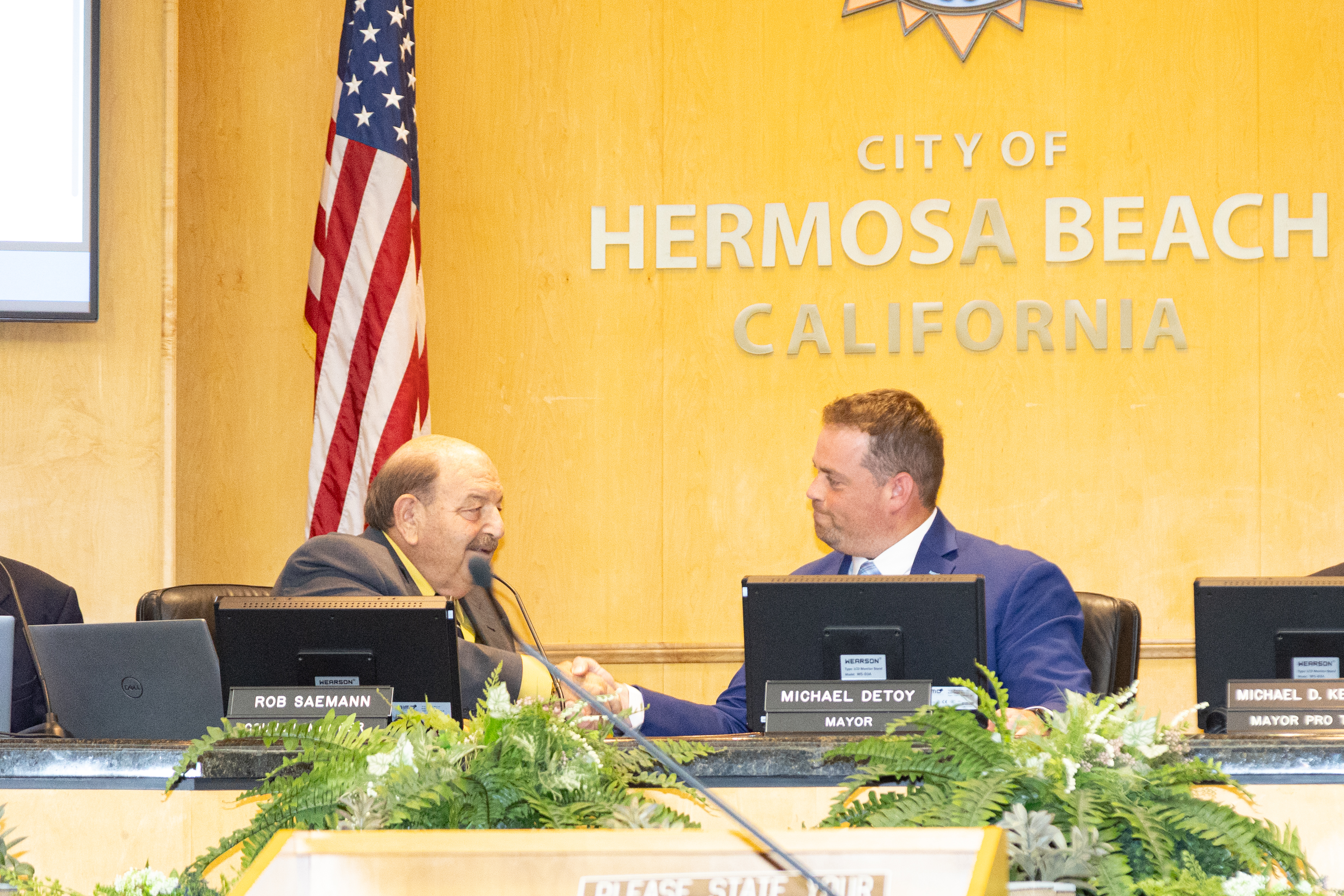
One of the most confrontational moments of last week’s hour-long forum for city council candidates was when attorney Bill Victor and current Councilmember Amy Howorth argued over the amount that the city spends on hiring outside consultants.
Victor, who has long complained about the cost during the public comment period of council meetings, said it was $16.9 million during the last fiscal year.
Howorth said he was wrong, and that the figure included things like water and trash, which he disputed.
She took a chance to revisit the point after Victor expressed his concerns over the city’s ability to pay the pensions of its employees.
“It’s ironic, if someone wants to criticize consultants but is concerned about pensions,” said Howorth. “It’s contradictory. With consultants, you don’t pay for healthcare.”
Bruce Moe, the director of the city’s finance department, whom Victor cited as his source for the figure, said that the $16.9 million included things like water, trash, employee cell phone bills and janitorial services, which the city calls “contract services.” The number also includes consultants, or “professional services,” which the city defines as highly trained professionals in specific disciplines, such as the nonprofit city planning Urban Land Institute which gave the city recommendations for its downtown in January.
On the whole, however, the debate, which took place in the council chambers, was notable for its subdued nature. Far less lively than many council meetings, it had a small audience of between 20 and 30 attendees, a handful of whom were affiliated with the Manhattan Beach Residents Association, which sponsored the forum. It featured three candidates, Councilmembers Howorth and David Lesser, and Victor, who has run before but never won. A sign for Viet Ngo, a resident who has declared himself a write-in candidate, was taken down when it became evident that he was not going to appear.
The candidates are running for two seats which will be open when Howorth’s and Lesser’s terms end in March. Five councilmembers are elected to serve four-year terms, and each member serves as mayor. The council appoints the city attorney and city manager, who hires the rest of the city’s employees.
Another contentious moment of the night was between Victor and someone who isn’t running — the current mayor, Wayne Powell, whose term ends in 2017 and who was in the audience.
In response to a question about the length of council meetings, which often go to midnight or later, Victor appeared to reference Powell’s tradition of honoring members of the community with his “I (Heart) MB” award and having local students deliver the pledge of allegiance and play the Star-Spangled Banner at the beginning of every council meeting.
“I think we can all agree there is a problem,” said Victor. “I would remove the celebratory portion of the meetings and have them on a separate day.”
That way, he said, there would be more parking available on meeting days.
Victor then complimented Powell when he offered another way to shorten meetings.
“I know Wayne Powell spends hours preparing for meetings — I think some others don’t,” he said. “I would.”
There were some topics on which all of the candidates were in agreement: the importance of preserving green space and modifying construction rules so to minimize the impact on residents.
On the subject of the report given by the Urban Land Institute, a city planning nonprofit which gave suggestions to ensure the downtown’s success in January, their opinions diverged.
Moderator Sandra Seville-Jones set up the question by citing the report’s statistic that visitors from outside of the city supported 60 percent of downtown’s retail sales and made up 75 percent of restaurant customers.
“Do you think we have the right balance?” she asked.
Although the institute’s final report has been delayed until after the election, Howorth and Lesser have generally expressed approval of the process and said there was a need for change.
Lesser noted that in the past, there were more “practical stores” just for residents.
“We’ve been a victim of our own success downtown,” he said.
Howorth said she was waiting for the final report.
“Our businesses and restaurants can’t survive on residents alone,” she said. “The tension is: More parking to support residents? But then it’s too crowded.”
Victor, on the other hand, was mostly critical with the report’s conclusions.
“I’m not happy with the idea of us being extras in our own movie while inviting visitors to come,” he said. “We didn’t buy our properties for [visitors]. We should be like Carmel, where they tear down the town’s sign from the freeway.”
The councilmembers’ opinions differed from Victor’s again on the subject of the city’s payroll.
Seville-Jones said that 40 city employees made more than $200,000 last year and 16 made more than $300,000, including overtime. She asked if this was “reasonable.”
“We as residents have come to expect top-notch city employees,” said Lesser, mentioning the police and fire chiefs as examples. “I’m not willing to sacrifice the level of service that residents expect.”
Howorth agreed, and added that she thought the salaries weren’t “out of line with other communities.”
After complimenting the city’s “fabulous fire department” and noting that the payroll wasn’t “all safety people,” Victor brought the question back to his concern about the pensions.
“We’re leaders in plastic bags,” he said, referring to the city’s ban. “Why can’t we be a leader in pensions?”
Seville-Jones also asked each candidate a question geared specifically to him or her.
Howorth, who ran for state senate last year, was asked if she thought about running again for higher office. She said no.
“I entered the state senate race because there was no candidate from the South Bay,” said Howorth. “I felt these communities were a lot different than Santa Monica and Beverly Hills. I have no apologies. Having run, it was a very hard, difficult sort of experience. I don’t plan on doing it again.”
Victor was asked about the city’s plan to expand and seismically retrofit the Sepulveda Bridge and its approval of plans to renovate the Manhattan Village Mall.
“For the Sepulveda Bridge, I’d like to put the burden where it should be,” he said. “We’re picking up the tab for something the state wants.”
“With the mall,” he said, sighing, “there are so many problems.” The November meeting where the plans were approved was “the most mismanaged meeting,” he said.
“I will dedicate myself to correcting the errors made with that meeting.”
In asking Lesser his question, Seville-Jones said that there had been more split votes on the council lately.
“Is that a good thing?” she asked.
“I think it’s a good thing,” he said. “It reflects division in the community. I am proud of the role I try to play — I don’t always succeed — of finding where we might be in agreement.”
The benefit of split votes “depends on the issue and its complexity,” he concluded.
Seville-Jones said that the forum would be replayed on Time Warner Cable and Verizon. ER







